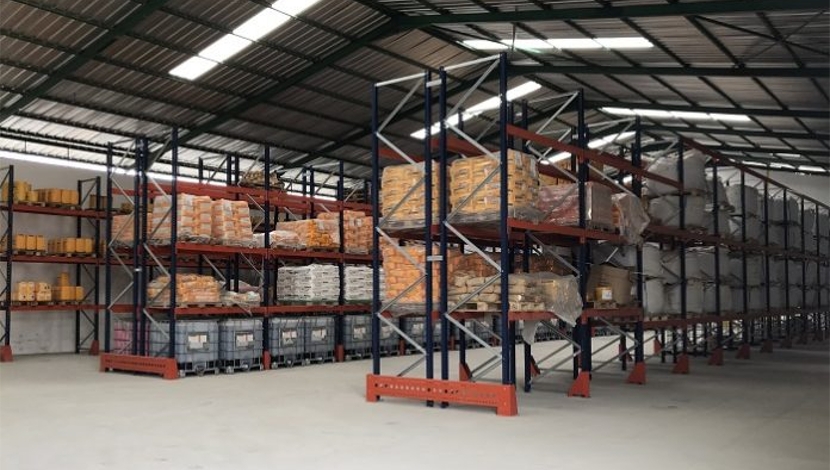

A new wave of Chinese investments is sweeping across the globe and Africa can expect Chinese investments to increase to $100 billion by 2020
from a cumulative $35 billion to date.
The investment partnership between China and Africa can be mutually beneficial for both Africa and China with a clear strategy of what China can provide and what Africa needs.
This is the main message from a recent panel discussion on Africa-China relations hosted by the Nedbank-Nepad Business Foundation Networking Forum ahead of the Forum on China-Africa Cooperation (FOCAC) Heads of State Summit.
In developing the new partnership, it is crucial for African countries to understand the “New China” and the changes currently characterising the country. It is also necessary to understand the role of China in Africa and in the rest of the world, says Kobus van der Wath, CEO of Beijing Axis.
“Africa is competing with other continents and other regions to attract investments from China. Africa needs a unified strategy with shared interests to capture the opportunities that can be derived from Chinese investments.”
Although there is a perception that China has invested heavily into Africa, the data shows that Chinese investments in Africa are far lower than in other continents and regions.
For Africa to capitalise on Chinese investments, it is crucial to understand that the Chinese agenda for investment is different from before, he notes.
One of the biggest changes in China is that it is moving away from a developmental economy to a consumer economy with a renewed emphasis on diversifying their investments into manufacturing, services and agriculture.
Dave Malcolmson, Chief Director at the Department of International Relations and Cooperation (DIRCO) says future investments will also be focussed on regional integration and the development of transport networks.
Mr. Erwin Pon, Business Development Director for East and South East Asia at Rand Merchant Bank, said: “Another big change that will influence future investments is the move away from state-owned enterprises.
Large private companies are driving state-owned enterprises out. These companies are aware that they need to diversify by investing in developing markets and see Africa as the next phase of their expansion.”
More information from Mpho Sebelebele, Tel: 011-294-4274 Email: mphoseb@nedbank.co.za





